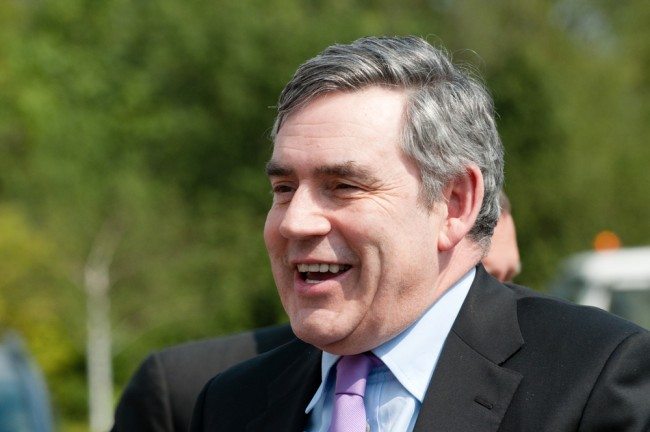The Chancellor has been forced to defend his multi-billion pound raid on businesses in the Autumn Statement after MPs accused him of taking a “Gordon Brown approach” to fiscal policy, reports The Telegraph.
Jacob Rees-Mogg, Conservative MP for North East Somerset, said George Osborne was taking a “high tax and stealth tax approach” towards policymaking that was inconsistent with the Government’s pledge to create a “lower tax society”.
Mr Osborne claimed the two biggest tax-raising policies – an apprenticeship levy that is expected to raise £11.6bn over the next five years and £6.2bn in extra revenues expected from handing powers to local authorities to raise council tax – were not “normal” taxes because companies were able to claim some of the money back and local authorities can choose whether to raise taxes or not.
Mr Rees-Mogg compared Mr Osborne to Mr Brown, the former Labour chancellor and prime minister, who earned a reputation for concealing stealth taxes in his budget.
Mr Osborne told the Treasury Select Committee that many of the measures, including a crackdown on tax avoidance, had been “set out very clearly in the election manifesto” and were “essential for maintaining public support for [the UK’s] low tax economy”.
Mr Osborne also highlighted that total government spending was on course to fall from around 45pc of GDP when he first became Chancellor to 36.4pc at the end of the decade. “That is very much not Gordon Brown,” he said.
Labour MP Helen Goodman also accused the Chancellor of hitting workers by introducing the apprenticeship levy. The Office for Budget Responsibility, the Government’s fiscal watchdog, warned last week that employees were likely to bear the brunt of the negative impact of the policy through lower wages.


